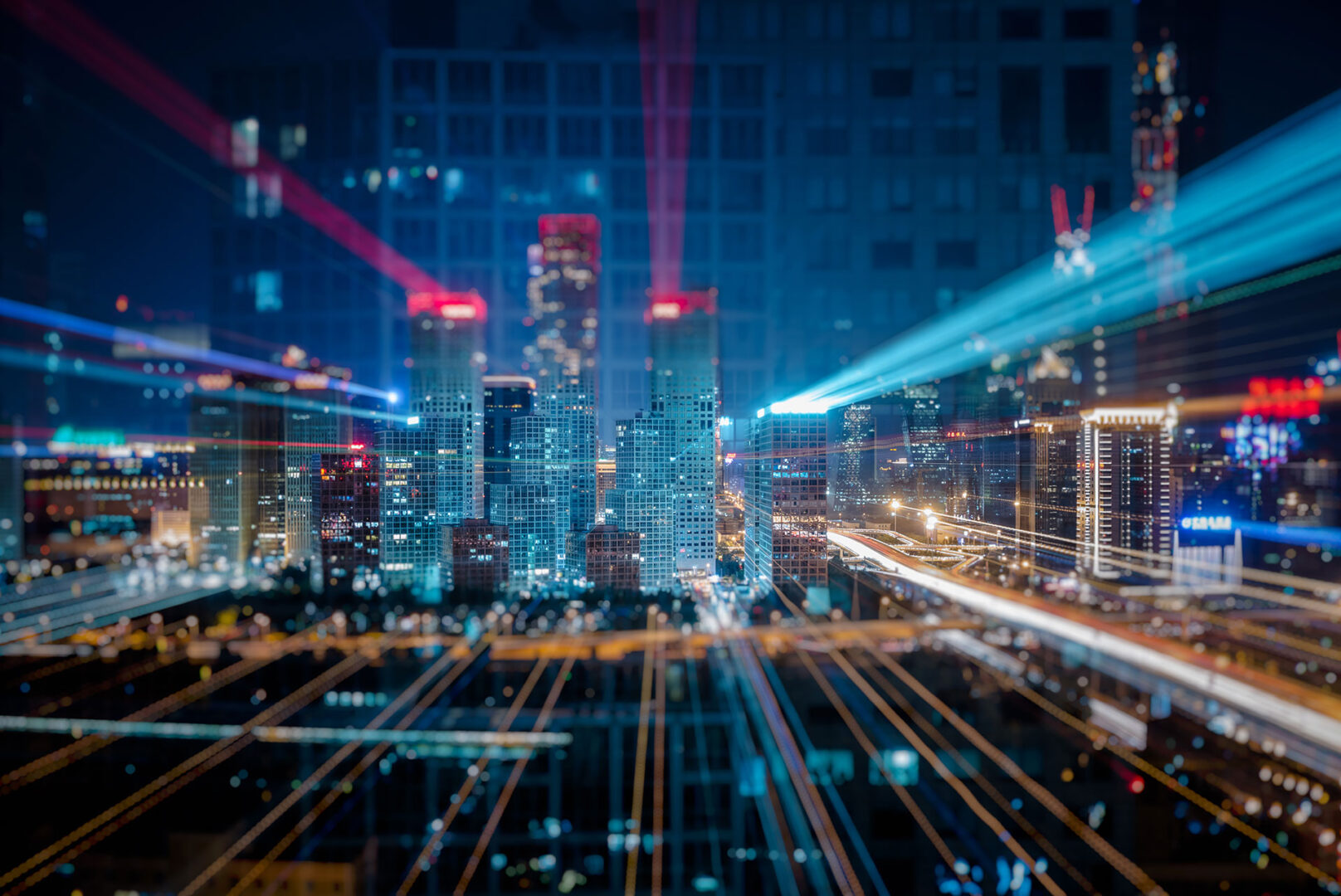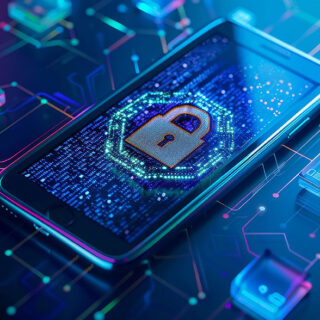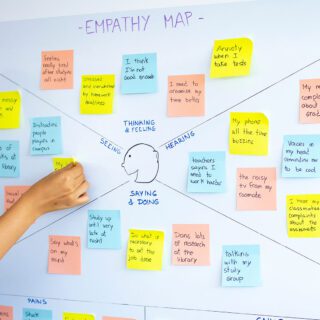What is a smart city?
We could define intelligence as the ability to understand the results of our actions and adapt our future behaviors accordingly.
At every moment, our cities also perform “actions”. For millennia, we have been the ones to evaluate the results of these actions and make corrections. Era after era, we have improved the functioning of cities and the quality of our lives, but until now, cities have always remained “stupid”, unable to autonomously evaluate and modify their actions.
With the term smart city, we define a city that becomes capable of collecting data on its functioning, analyzing it, and developing more convenient responses to our requests, with an ever-increasing degree of autonomy.
Within a few years, digital technologies applied to city operations have improved the quality of services offered, efficiency in resource use, environmental sustainability, and ultimately the quality of life for citizens and the competitiveness of businesses.
Enabling technologies
The characteristic aspect of this epochal evolutionary leap in our cities is represented by the possibility of collecting and processing data to derive maximum benefit from every old and new technology used.
Thanks to the combined use of sensors that acquire data, the Internet of Things (IoT) that connects and controls objects from street lamps to scooters, and artificial intelligence for data analysis and formulation of predictive models, our cities are developing two extraordinary capabilities:
- they are able to understand what they need to respond to citizens’ needs;
- they are able to autonomously modify their behaviors.
With advances in artificial intelligence and robotics, the scenarios described in many films, with cities capable of self-managing and developing without human intervention, no longer seem so science-fictional.
To avoid disturbing evolutions of these scenarios, the challenge will be to understand how to best use this wealth of information and these extraordinary opportunities, while developing participatory technologies in parallel, to promote greater decision-making transparency by institutions and an increasingly active involvement of citizens.
From smart mobility to smart security, a true revolution!
Here are some concrete examples of how innovative technologies can make our cities intelligent.
- Traffic management: the use of sensors and cameras collect traffic data that artificial intelligence can use to optimize traffic lights, reducing waiting and travel times for cars, or to highlight the need to enhance bicycle lanes.
- Energy management: sensors and IoT technologies allow monitoring and optimizing energy use, for example through automatic control of street lighting, buildings, and air conditioning systems.
- Water management: use of sensors to monitor water quality, system status, and the amount of water used, for more efficient management of water resources.
- Waste management: use of sensors and IoT technologies to monitor the amount of waste collected and optimize waste collection service.
- Public transport: use of technologies such as GPS and big data to optimize public transport routes and provide real-time information to passengers.
- Security management: use of cameras and sensors to monitor security in public areas and use artificial intelligence to detect suspicious behaviors.
- Participatory platforms: fundamental for collecting citizen feedback and including it in the data from which to start model elaboration and decision-making.
YouCo, partner of institutions and companies for smart cities applications
YouCo – Your Company for Innovation is an Innovation Solution Provider with an international presence. Our mission is to accompany Public Administration and companies in the digital transformation process, with specific skills and experience in the areas described above.
The decades-long experience in System Integration, Enterprise Mobility Management, Internet of Things, Digital Transformation, and User Experience Design now finds full convergence and applicability in the Smart Cities domain, with numerous projects already developed:
- applications for rationalizing public transport routes and for alternative mobility;
- solutions for managing Local Police patrols and security
- systems for preventing dangerous situations in large events where a large number of people gather, through the use of intelligent cameras and field sensors;
- support in managing critical events, such as building evacuation to ensure that all people present have been evacuated, through IoT objects for indoor positioning or to disseminate alerts to personnel responsible for implementing intervention plans;
- systems for analyzing people’s reactions to a message transmitted by a digital panel, through facial expression recognition, up to determining if the desired action followed the viewing of the message (for example, if people entered the store that was advertised).
Many projects have been carried out in collaboration with local public administrations with the aim of stimulating citizens’ participation in building their city of the future, through the design of Apps for reporting service disruptions, interventions to be carried out, sending suggestions, or to connect with other citizens, as well as to obtain real-time information about the territory from the administrations.
If your organization needs to implement a smart cities project or if your company wants to enter this sector and is looking for a technological partner that has been working with the PA for years, don’t hesitate to contact us to communicate your needs or delve deeper into the topic.




